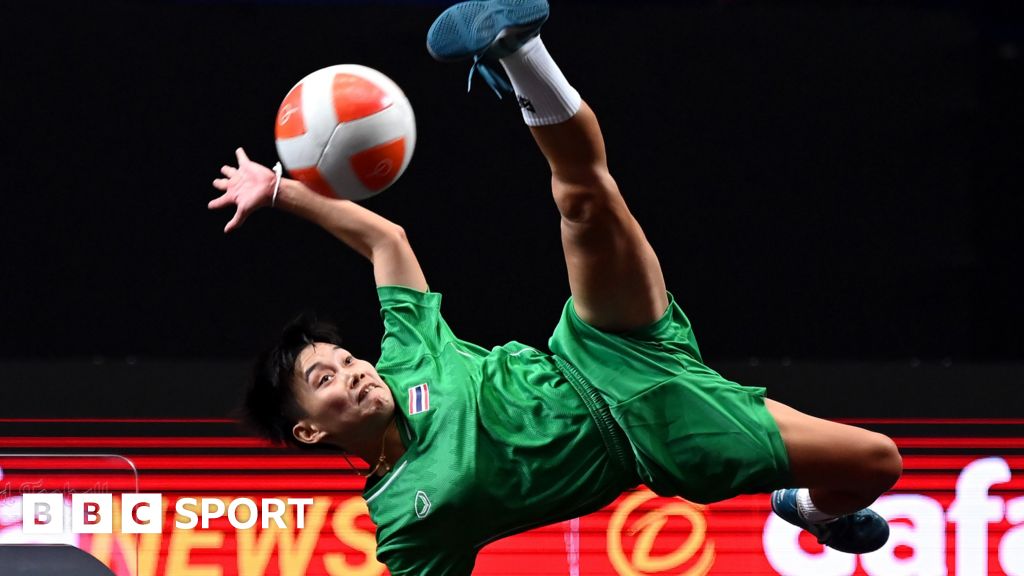For the International Federation of Sport Climbing (IFSC), Olympic status represented the peak of a remarkable ascent. Founded in 2007, the IFSC emerged from the International Climbing and Mountaineering Federation (UIAA) following disagreements about the future of competitive climbing, and whether it could be an organised sport rather than a social pastime.
IFSC President Marco Scolaris admits that he was initially unsure. “I was reluctant in the beginning,” he says. “But I changed my mind because I thought that, as a sport, it can be a powerful social tool. If climbing changed my life for the better, then why not give climbing to the world? Many of my friends didn’t follow this path. We are still friends but we simply see things in a different way.”
For those that did join Scolaris – an initial 57 member federations, now 99 – there was one goal in mind. “The Olympic Games became important because this is where you get the highest possible visibility,” he says. “If you want to use sport as a social tool, then you need the stage.”
Scolaris attended the Games in Beijing in 2008 to get a measure of the standards required. “I watched all the sports to see whether we deserved a place,” he says. “Everybody seemed so much better than us, better organised. I said: ‘We have no chance, or we work hard.’ And maybe we come back in 10 years and we ask again.”
At the IOC Session in 2016, sport climbing was confirmed as an additional sport for Tokyo. But with only one medal on offer, Scolaris proposed a compromise that proved unpopular with his athletes. The competition would combine three disciplines: lead climbing, bouldering, and controversially, speed climbing. While the first two share similar skill sets, speed climbing is typically practised by specialists. Disgruntled climbers compared it to asking a 1500m runner to enter the 100m.
Scolaris, describing the dissenters as “friendly fire”, saw it as a short-term sacrifice for a long-term win. “The speed climbers had to train for the two other disciplines,” he says. “And climbers from the two other disciplines had to train for speed, which they saw as sacrilege. But this was the only way to get into the Olympics.”
Vindication didn’t take long to arrive. This summer in Paris, sport climbing has been allocated an extra medal, allowing speed climbing to emerge on its own. “It was difficult, but in life sometimes you have to compromise to make progress,” says Scolaris.
Breakdancing (officially known as breaking) is the French addition to the programme in Paris, which will be the first Olympiad to achieve gender parity among its athletes. Set in the iconic Place de la Concorde to a soundtrack provided by live DJs, the dancesport discipline will join a lively urban hub alongside BMX freestyle, skateboarding and 3×3 basketball.
For Los Angeles 2028, the Americans have opted for the return of baseball/softball, cricket (last featured in 1900) and lacrosse (ending a 120-year absence). Squash – after a decades-long campaign – will finally make its first Olympic appearance. So too will flag football.
For Pierre Trochet, it represents the fulfilment of his father’s prophecy. Now the president of the International Federation of American Football (IFAF), Trochet grew up near the American NATO base in the small French city of Chateauroux and was introduced to gridiron by a Green Bay Packers-mad dad.
“His excuse for bringing me into the field was that by the time I grew up, American football would be in the Olympics,” remembers Trochet, who played 25 years as an offensive lineman and quips that he “never touched the ball once”.
One of the appeals of flag football, in addition to the reduced physical contact, is that all players enjoy possession of the ball. From a fan’s perspective, the absence of helmets also provides a closer connection to athlete’s emotions and personalities.
Full-contact American football was a demonstration sport when Los Angeles first hosted the Games in 1932, before its near century-long disappearance from the Olympic stage. Trochet has no interest in another short-lived cameo.
“This is not a one-and-done,” he says of flag football’s LA 2028 appearance.
“We are aiming to stay on board with the Olympic movement. Historically speaking, flag football was always the football-for-all version of the game.”
Flag football’s five-a-side line-ups mean trimmer rosters compared to the swamped sidelines of tackle football, making for a more compelling case given the IOC’s intention to streamline athlete numbers.
But the most persuasive element of its pitch was the powerful presence of the NFL with its commercial might and Gen-Z pulling power.
Super Bowl champions Patrick Mahomes, Travis Kelce and Tyreek Hill have already put their names forward for a potential United States dream team in 2028.
McConnell sees it as proof of the enduring allure of the Games. “It’s hugely important even in sports like basketball, with the guys that have won multiple NBA championships, the tennis players that have won multiple grand slams, and in football where we see some of the biggest names talking about their hope of playing in Paris this year.
“It’s important for us to protect that and celebrate that, because we think the Olympic Games are still the pinnacle of sport. To showcase these athletes, not only in a sporting sense, but as Olympians.”

